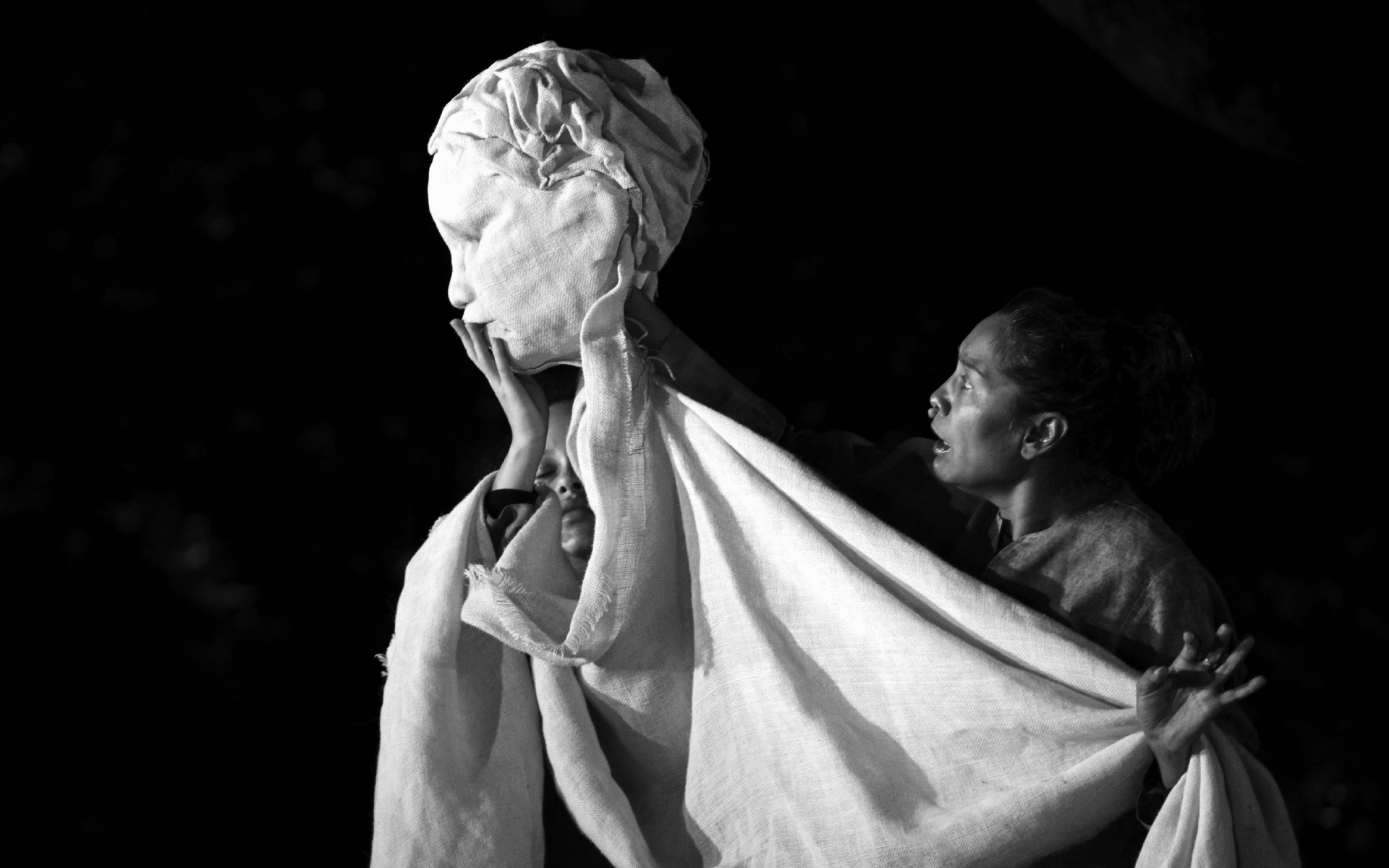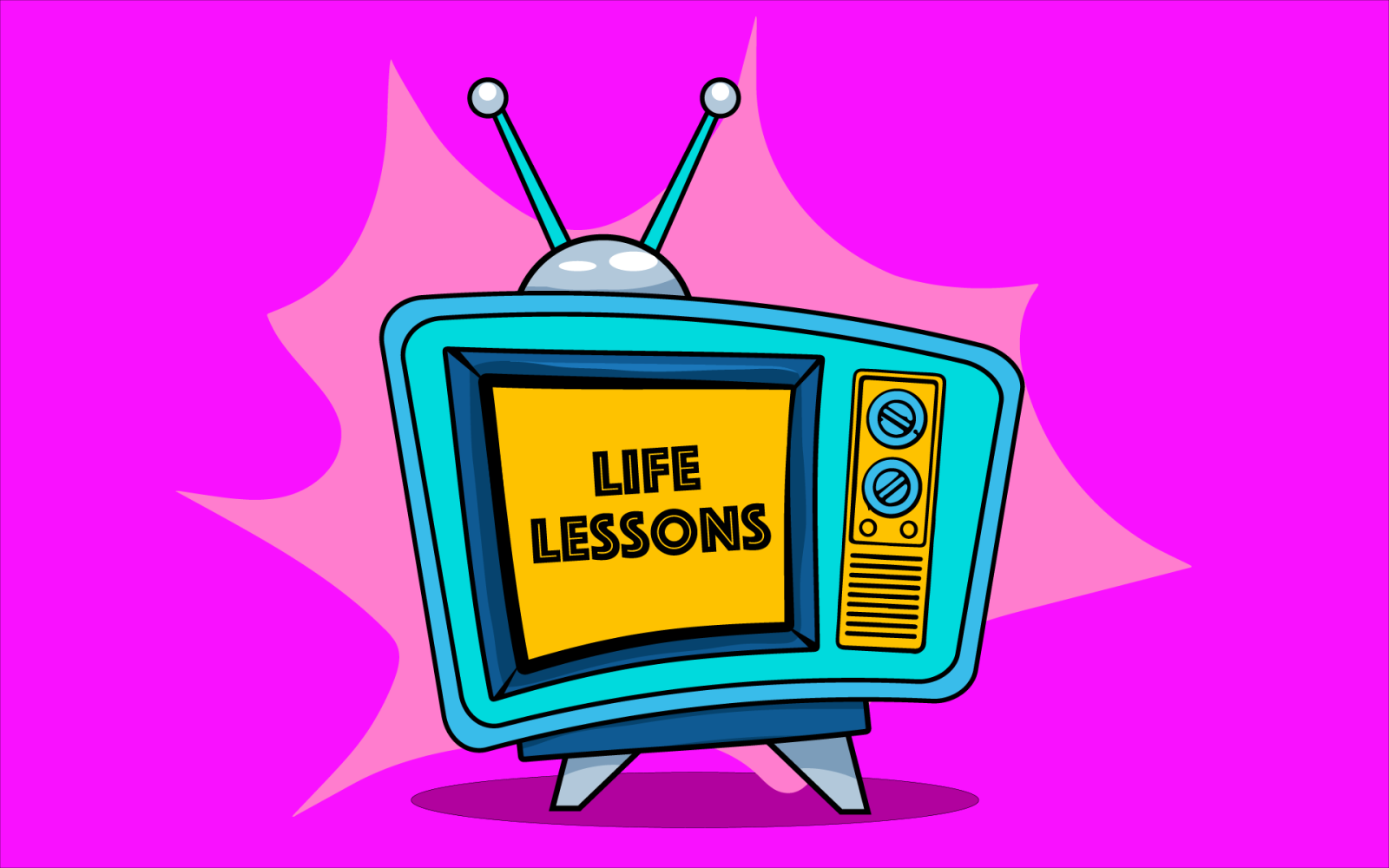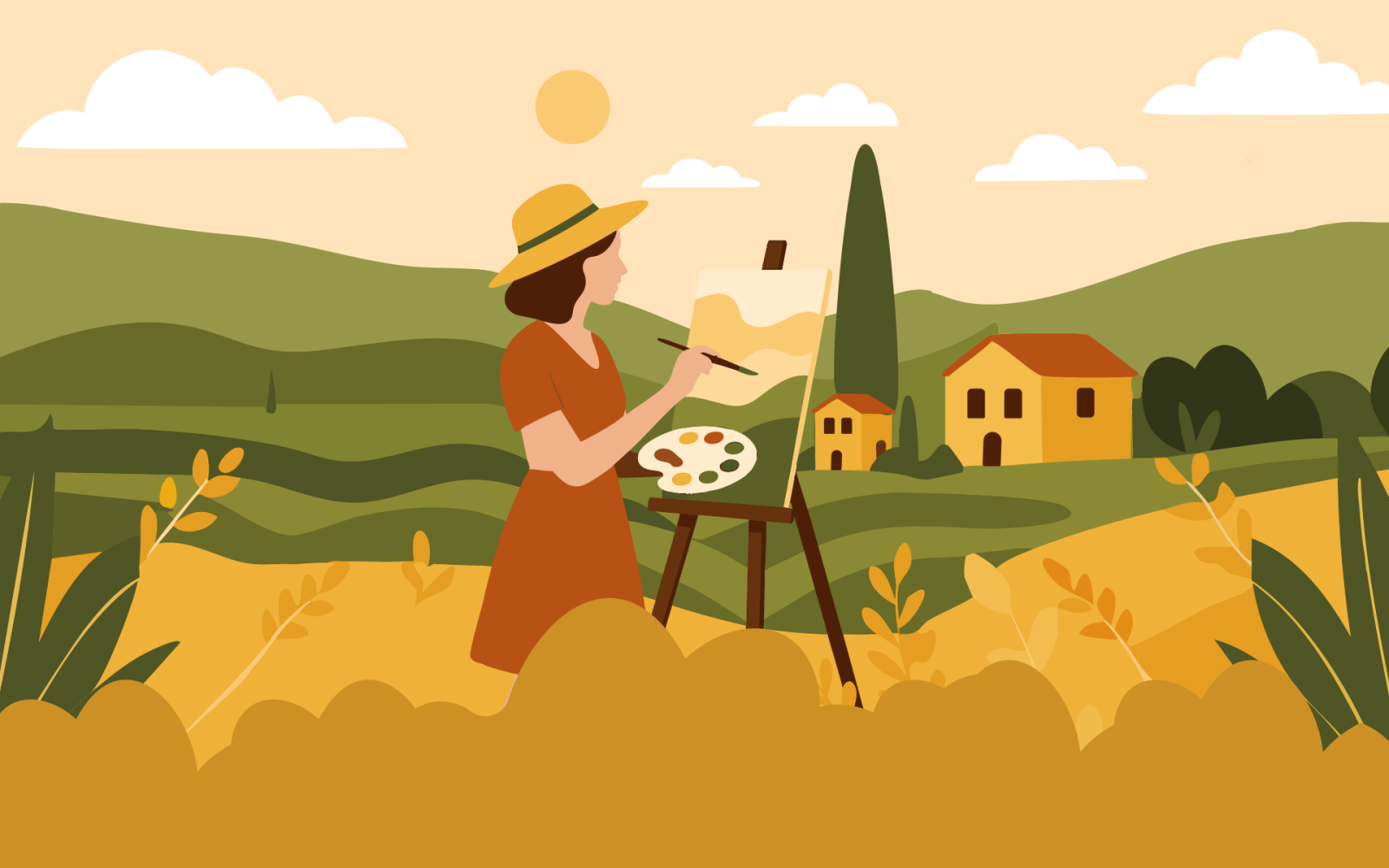The electric joy of bringing giant puppets to life

For Roshina Ratnam, puppetry is the ultimate form of play.
Roshina Ratnam is skilled in the art of manipulation. Except she doesn’t manipulate people.
The award-winning actor, voice artist and lover of dumplings is one of the country’s top puppeteers.
After graduating from drama school at the University of Cape Town, Roshina worked in theatre and had stints on TV and film.
Her break in puppetry came when Jaqueline Dommisse asked her to join the cast of Sadako, a thought-provoking play based on the life of Sadako Sasak.
Sadako survived the Hiroshima bomb when she was 2, but developed leukaemia 10 years later.
“It’s a poignant and beautiful story about the journey of discovery of a girl who wants to spread world peace,” says Roshina.
Sadako folds origami paper cranes in the hope that, as the Japanese legend goes, if she folds a thousand cranes, she’ll be granted a wish.
While performing in Sadako, Roshina was introduced to the traditional Japanese style of puppetry known as bunraku.
“It takes three people to manipulate a life-size human puppet,” she explains.
Working in a puppet team takes intense focus as the puppeteers learn to manipulate the puppet, making it sit, stand, walk, dance, perform and, ultimately, breathe life into them.
Roshina was hooked and has been manipulating puppets ever since.
Her latest production is in JM Coetzee’s Life & Times of Michael K, adapted for the stage by director Lara Foot, in collaboration with the Handspring Puppet Company.
Roshina says the play, which combines puppetry, performance, film and evocative music, has a “killer cast” of SA theatre legends like Sandra Prinsloo, Andrew Buckland and Faniswa Yisa.
Roshina’s job is to manipulate the head of Anna K, Michael K’s mother, and she also plays the roles of a goat and a young boy.
What is it about puppetry that she finds so enchanting?
“It’s intimate, it’s immediate and it stirs very real emotions for an audience. We present a canvas for the audience to project their own emotions upon,” she explains.
“As a performer, a puppet allows me to be in service to it. Everything that I do, everything that I feel, everything that I say is about keeping the puppet alive, to the point where the audience believes it is alive. I instil it with me. The audience is right there with the puppets.”
The audience members are not passive watchers, they’re active participants in the performance.
It’s a whole process of play: the performers play with the puppets and the puppets play with the audience, who become captivated by the performance.
Roshina has been cast as Queen Gertrude in Janni Younge’s Hamlet, which premiered at the National Arts Festival last year.
“This is my fifth Hamlet,” she says. “All the others were actors on a stage, but this play is brought to life through puppetry, and it’s magical.”
In the meantime, Roshina has also become involved in directing – where she’s pulling the strings – and has put on Surge, a puppet play that tackles climate change.
The play explores how young people can imagine alternative futures in relation to the scarcity of resources.
“We wanted to create a world where the audience is pushed to action because they know that they have the power to make change,” says Roshina.
She says being on stage is a privilege and a delight that she doesn’t take for granted.
“It’s terrifying, it’s exciting and there’s something electric about it and I am truly grateful to be part of that and do it for a living.”
She considers her work play, but when she lists the work she’s got lined up, it’s a punishing schedule.
“We are off to Budapest for Hamlet, then two weeks at the Baxter in Cape Town for Michael K, then back to the Baxter for Surge and then I go into production for an opera with puppets and opera singers in Berlin and then Spain for another puppet production.”
She takes a deep breath, and then remembers that somewhere in between she will squeeze in a month at the Edinburgh Festival.
“It’s all puppets, puppets, puppets,” she says with a grin that reveals she couldn’t be happier.




